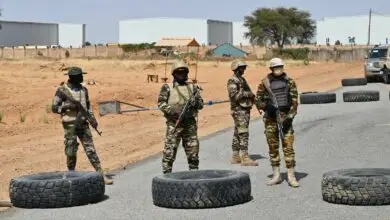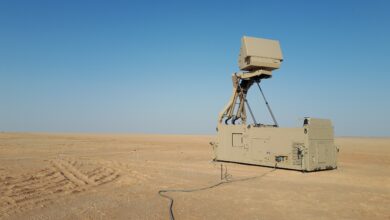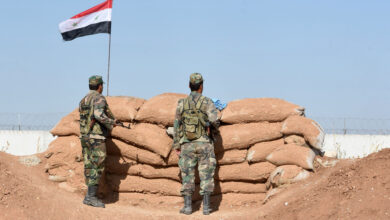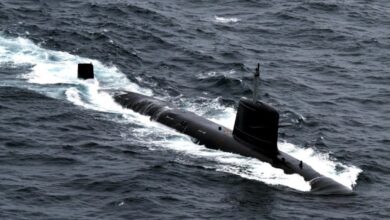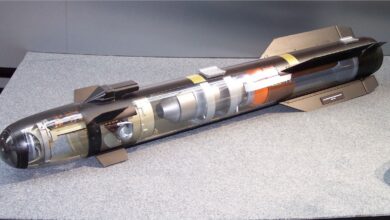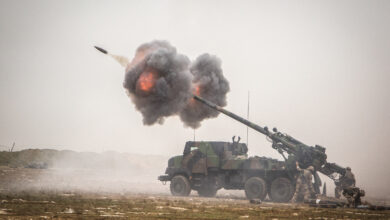The withdrawal of French troops from historic ally Mali marks a loss of influence for Paris and Europe as a whole in Africa, leaving the way open for other powers to step in, experts say.
China, Russia, and Turkey may find new opportunities as the balance of power seen in recent decades erodes after French forces found themselves thwarted in an asymmetric fight with insurgents.
France’s 2013 Operation Serval intervention to beat back Mali’s northern jihadists was largely successful in military terms and initially garnered support from local people.
But the image of the French presence was gradually tarnished by continuing insecurity and public opinion shifting against the long-term Barkhane mission, until Bamako’s military junta made clear it was no longer wanted.
France “has lost a lot of influence”, said Marc-Antoine Perouse de Montclos, a Sahel expert at the Marseille-based National Research Institute for Sustainable Development.
“After celebrating its restoration of parliamentary democracy in Mali in 2013, it was unable to prevent repeated coups while Sahelians continued to accuse it of being the kingmaker in the region.”
Although Paris’s latest plan is a redeployment around the Sahel to continue the fight against jihadists including Al-Qaeda and the Islamic State group, there is no way to spin it as a victory, analysts say.
France together with Canada and its European partners in Task Force Takuba has decided to pull its troops from Mali. Military consultations with Niger and coastal states are underway. pic.twitter.com/WPA25RX6Hq
— Katarina Höije (@katarinah) February 17, 2022
Strategic and Tactical Defeats
The withdrawal from Mali is “a strategic defeat, because this withdrawal was exactly the jihadists’ objective,” said Denis Tull of the German Institute for International and Security Affairs.
“It’s also a political retreat, because Barkhane is not leaving Mali by choice, but because Bamako chose to break off.”
A narrow focus on operations like eliminating jihadist leaders left France blind to growing anti-colonial sentiment among the population, analysts say.
Those real resentments were also exploited by geopolitical adversaries.
Wagner mercenaries from Russia are now present in Mali and many other African countries, according to Western governments.
China is building infrastructure deals and trade links throughout the region, while Turkey has ramped up its presence in Africa over the last years, playing on cultural and Islamic ties.
“France took too many things for granted as it pursued its counter-terrorism strategy, including the need to court public opinion,” US-based independent analyst Michael Shurkin told AFP.
“If France wants its counter-terrorism strategy to succeed, it will have to interact with Africans differently.”
Russia, China, and Turkey sense that “today is the right moment to take their revenge by grabbing the West’s levers of influence and power,” said Pascal Ausseur of France’s Mediterranean Foundation of Strategic Studies.
EU leaders’ Brussels summit with the African Union on Thursday and Friday and announcement of more than 150 billion euros ($170 billion) in investment may be designed to cling on to influence on the continent.
But the EU must compete with other actors “on African terms” so that geopolitical rivalries “do not end up being to the detriment of Africans”, a group of European academics wrote in online journal World Politics Review Tuesday.
‘High Intensity’ Conflict
With more than 5,000 troops deployed at its height, the asymmetric Sahel conflict against jihadists affiliated with Al-Qaeda and the Islamic State group has shaped an entire generation of French soldiers.
Although some groups were able to mount rocket or mortar attacks or even complex assaults on convoys and isolated bases in the vast, arid Sahel, their improvised roadside bombs caused more deaths and injuries than any other weapon.
For their part, the French relied on aerial strikes for swift responses to the latest intelligence, whether from unmanned Reaper drones newly added to their arsenal or more classic attack helicopters and fighter jets.
But Paris’s ground forces in particular see a transformed future, notably with tensions now mounting with Russia in eastern Europe.
Army chief Pierre Schill told reporters that the branch must “be capable of potentially facing an adversary on the same level” in a major “high-intensity” conflict.


